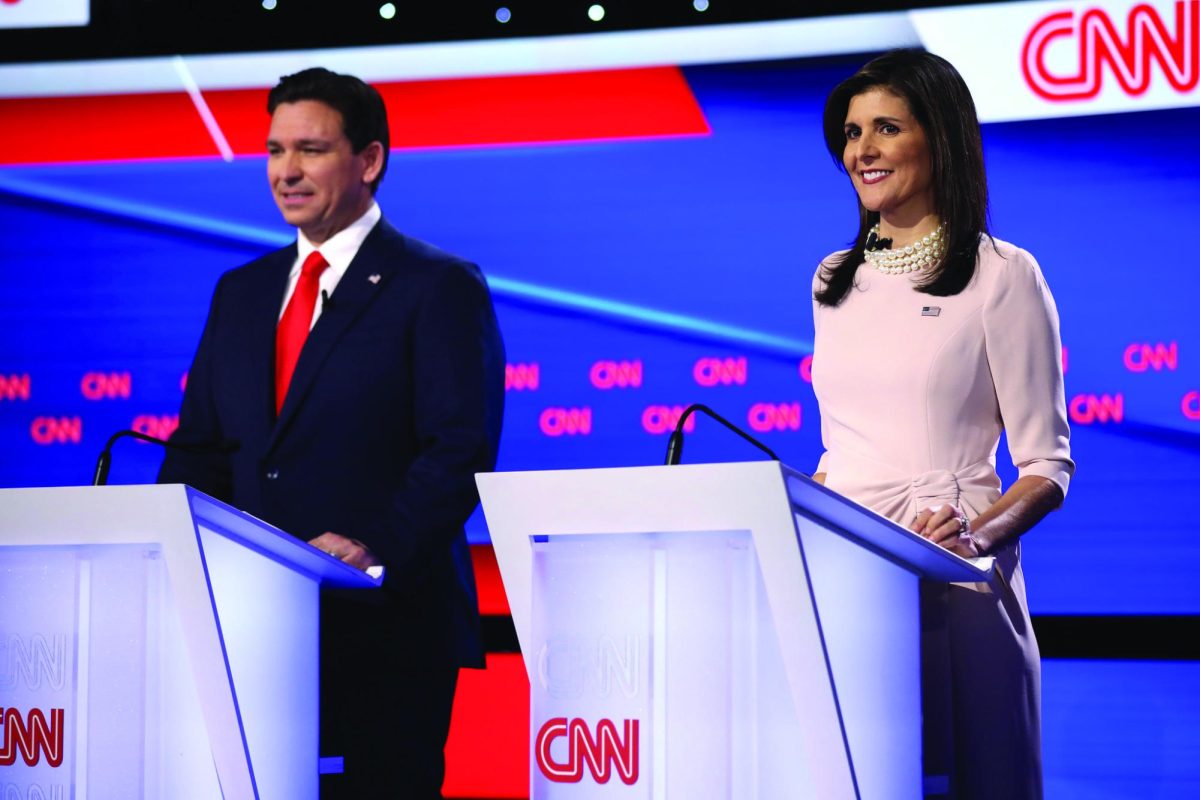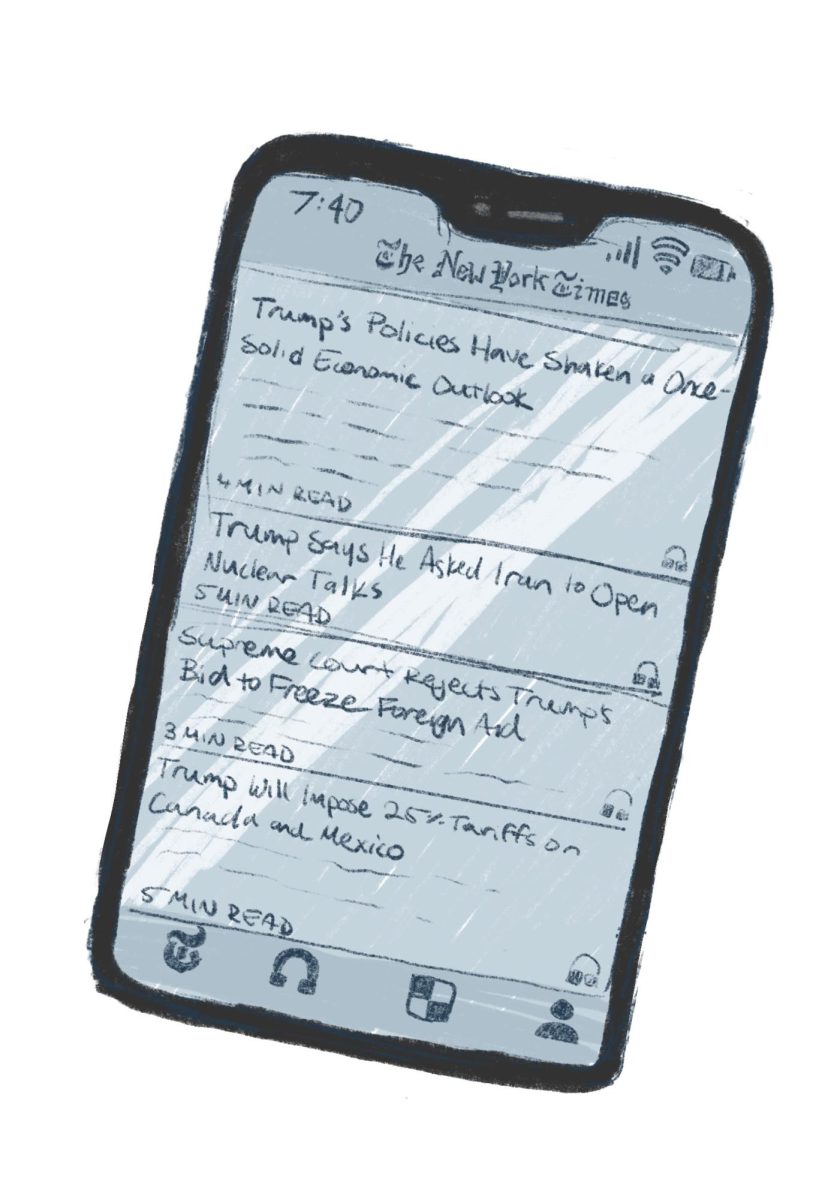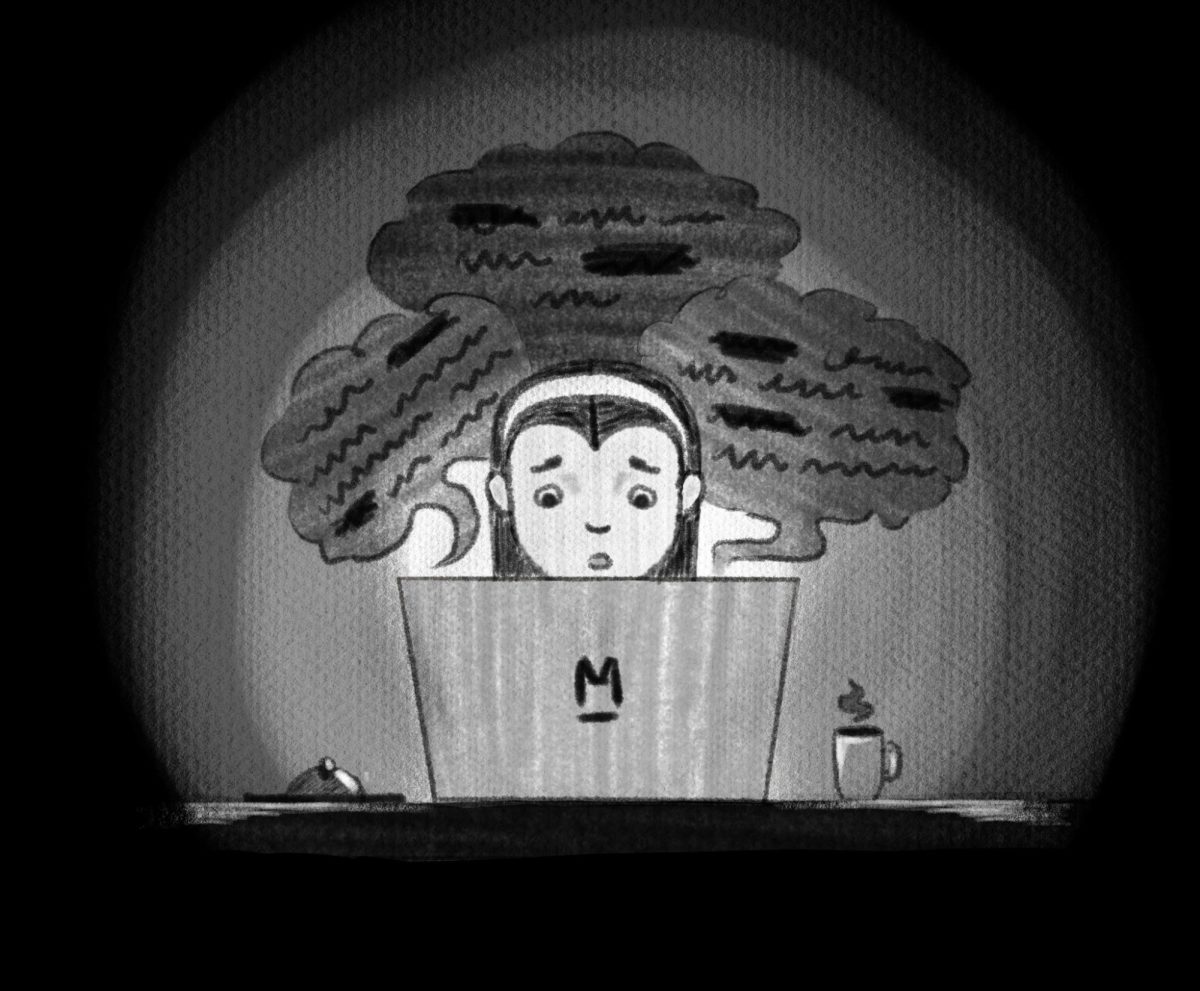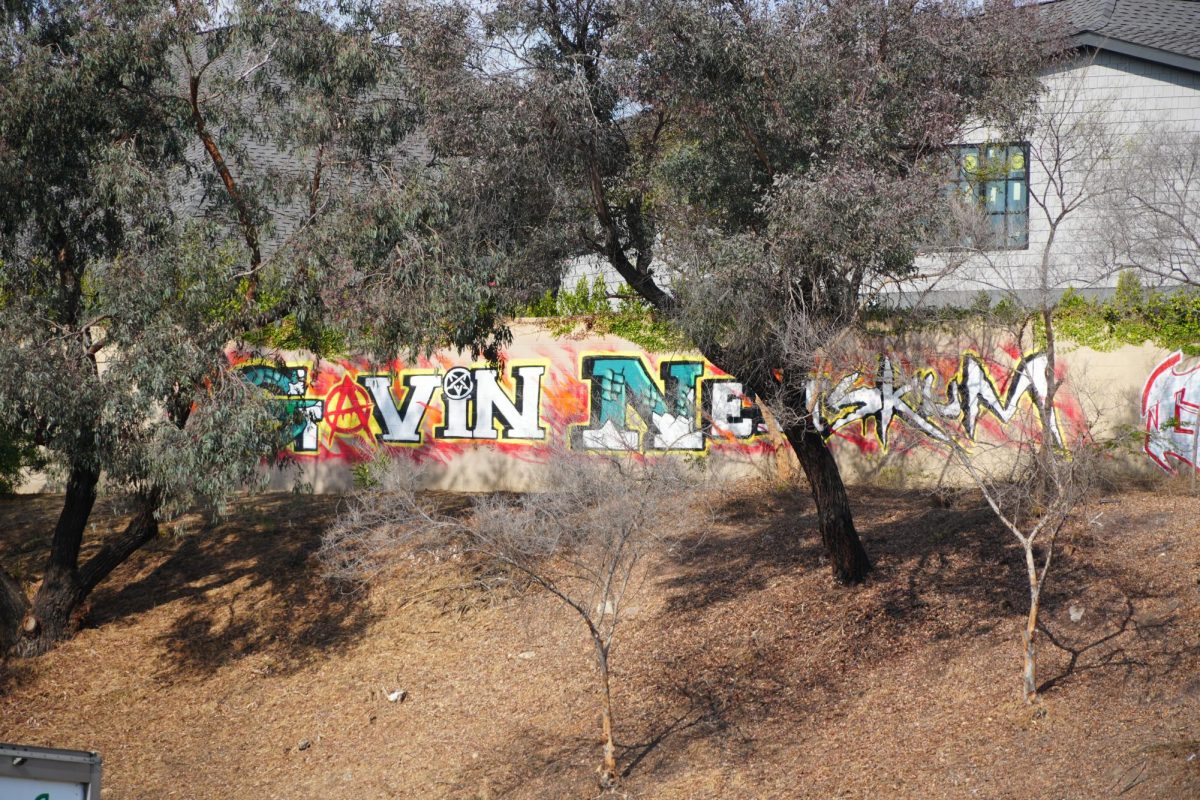As the 2024 election cycle ramps up, the Republican presidential candidates have accused each other of lies, defamed one another at debates and rallies and competed to create the biggest spectacle in the hopes of gaining favor among voters. Although sensationalism has been a tradition throughout American political history, some analysts have argued that modern political debates have become even more dramatized. They have attributed this increase of theatrics to the emergence of television, which allows debates to be broadcast to a wider audience with more varied levels of education.
The Kennedy-Nixon debate in 1960, for example, was the first nationally televised presidential debate. With debates airing on TV, candidates had to appeal to a general public that wasn’t as politically informed as previous debate audiences. Politicians were now tasked with captivating viewers watching from home rather than simply discussing policy. According to Debate Coach and Program Head Adam Torson, desire for viewership led candidates to make more outrageous comments and altered debates into theatrical attempts to draw attention.
“The television networks that air the [debates] have some perverse incentives too, because their goal is for it to be the most engaging television program,” Torson said. “People shouting at each other on the stage is high drama and might be good television, even if it’s not very good for democracy.”
Fast forward to 2024, candidates have prioritized dramatic digs at their competitors over highlighting their policies. In the GOP debate on Jan. 10 in Des Moines, Iowa, former South Carolina Gov. Nikki Haley called Florida Gov. Ron DeSantis a liar through repeated mentions of a site she had created, “desantislies.com.” On this site, Haley accuses DeSantis of spreading propaganda about her in previous debates. She continued by joking about creating a drinking game where players drink every time DeSantis lies.
“Drake University, don’t turn this into a drinking game, because you will be over-served by the end of the night,” Haley said.
A similar demonstration of sensationalism occurred during the Miami GOP debate on Nov. 8 when candidate Vivek Ramaswamy attacked Haley and her daughter after the moderator asked about his policies regarding social media and TikTok.
“In the last debate [Haley] made fun of me for actually joining TikTok while her own daughter was actually using the app for a long time,” Ramaswamy said before directly addressing Haley. “So you might want to take care of your family first.”
Numerous personal attacks have been made by each GOP candidate on stage during this election cycle, with Ramaswamy commenting on Chris Christie’s weight and DeSantis calling Haley a political puppet. In an era of politics where drama and propaganda are oftentimes prioritized over a genuine political process, many believe it is important now more than ever to ensure that one’s sources of information are accurate. Alexis Weiss ’24 encourages students to think critically about data presented by candidates during political campaigns in order to become responsible voters.
“In a world where it is very advantageous to lie and exaggerate claims, particularly as high schoolers, I think we have a responsibility to educate ourselves with as much data, as much information and as many different opinions as we can before formulating our opinions,” Weiss said.








